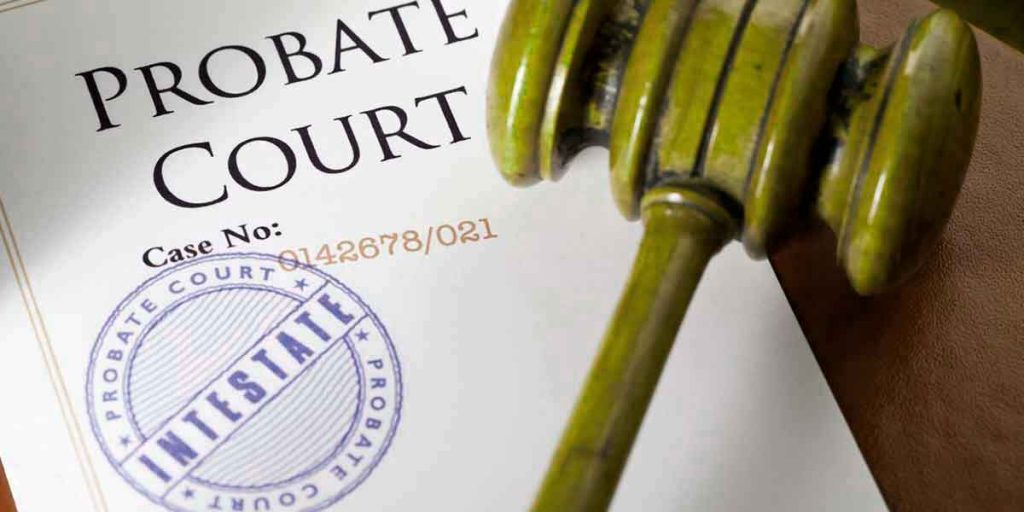As an estate executor who has no idea of the probate process, it makes sense to conduct a little research into what probate is, what it involves, how it is done, etc., to have a little insight into the process so you can carry out your duties well.
In this article, we’ll break down the probate process and finally we’ll reveal to you if at all there are different types of probate in Brooklyn.
What is Probate?
Probate is a very common court process. It is usually done to determine the validity of a will and administer a deceased’s estate. If you drafted a last will and testament, probate will involve proving that your will is legally valid, executing your wishes writing in the will and settling all outstanding taxes.
Having a well-drafted will is one of the best ways to make probate easier on your loved ones. After all, your will doesn’t only contain the names of those you want to inherit your assets. It also contains the name of a guardian, an individual who you’d like to cater to your kids if both parents were to pass away. In addition, your will designates an estate executor who is to act on your behalf after your demise. It is the duty of your estate executor to ensure that your wishes are upheld.
If you die without a will, what happens?
If you die without drafting a will, the probate court will depend on your state’s intestate law to determine how to share your assets.
Among the series of things sorted out during probate period are:
- The submission of proof via the courts that an individual’s will is valid
- Creating a catalog of the decedent’s property and making sure that each property is assigned a proper value.
- Settling outstanding debts and taxed owed by the deceased (the estate owner).
- Distribution of assets as it is indicated or outlined in the will or by the courts
Most families hire a probate attorney to handle all the probate issue listed above. But, the attorney might have been assigned to the case prior the death of the estate owner. All fees related to the probate process, such as the retainer and the costs of hiring the attorney, are settled out of the decedent’s estate.
How does probate work?
The probate process can be long but it is left up to attorneys. In most situations, an executor is designated in the decedent’s will. While they can be a private citizen, an estate executor is most time a lawyer due to the immense experience they have. The estate executor is liable for drafting and submitting the required paperwork needed to begin and conclude the probate process.
If the deceased didn’t write a will, or if no executor is designated, a family member or individual chosen by the family of the decedent may act as the estat6e executor. But, a judge will have to approve the appointment before the individual is deemed a legal estate executor.
At the end of the probate process which involves appraising his or her assets, settling the deceased’s debts taxes, etc. the remaining assets are shared to the designated beneficiaries.
Are there different types of Probate in Brooklyn?
Unlike states like Texas where there are about four types of probate, probate is Brooklyn is limited to the general probate process we know.
Basically, a probate is the actual petition that is brought before the surrogate court when a person dies without creating a will. A NY administration proceeding is brought when there is no will, and basically one or two are required to transfer assets on from a deceased’s individual ownership.
For instance, if an individual owns a piece of property in their name and he or she created a will that states who will inherit his or her asset, it is the job of the estate executor (who is usually designated by the testator) to tender the will to the probate court for the probate process.
Need a Probate Attorney?
If the estate of a loved one is set for probate, you will need to contact a probate attorney for assistance. As the executor of an estate, it is your duty to handle the probate process. However, we will agree that handling a process as channeling as probate may be too much for you. So, why don’t you hire some helping hands? Our experience probate attorneys can help you and the beneficiaries of the estate overcome the probate process without any difficulties or delay. Contact our office now!









